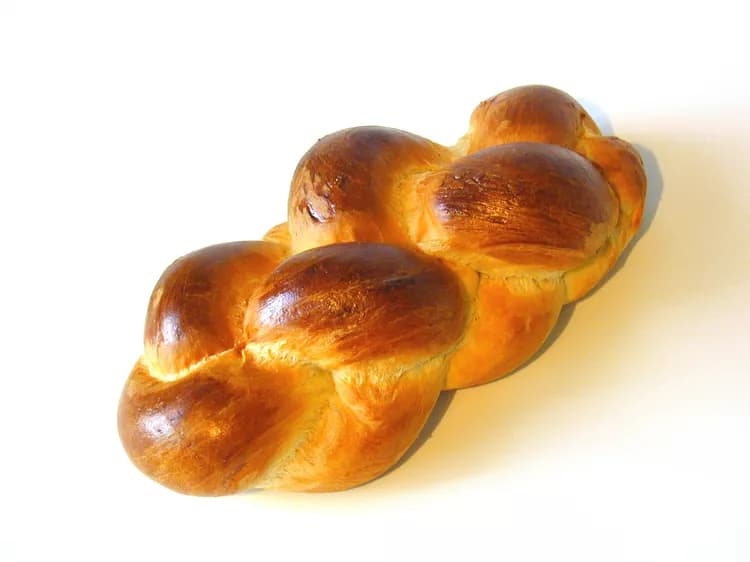
Randomized Trial Suggests Eating Bread Made With Ancient Grains Could Benefit Heart Health
Eating bread made with ancient grains as part of a healthy diet could help lower cholesterol and blood glucose levels -- leading risk factors for heart attack and stroke -- according to new research published in the International Journal of Food Sciences and Nutrition. The study doesn't prove that ancient grains prevent cardiovascular disease (CVD), but it adds to increasing evidence that ancient grain varieties may help reduce risk factors for CVD.
Compared with modern grain varieties which are often heavily refined, ancient grains offer antioxidant and anti-inflammatory profiles. They also contain beneficial vitamins (B and E), minerals (eg, magnesium, iron, potassium), which protect against chronic diseases. Over recent years there has been a surge in their popularity, but whether consuming ancient grains, or how they are cultivated (ie, organic or conventional methods), has an impact on risk factors for CVD is unknown.
In this randomized crossover trial, 45 healthy adults, average age 50, were asked to swap their usual loaf for bread made from ancient and modern grains during three separate interventions each lasting 8 weeks. In the first phase, participants were randomly assigned to include organically (22 participants) or conventionally cultivated (23) bread made from the ancient grain Verna in their diet. Eight weeks later, all participants were assigned to eat bread made with the modern grain Blasco. Finally, participants were assigned to consume bread made with two different ancient grain varieties (Gentil Rosso and Autonomia B), both conventionally grown. The researchers took blood samples at the start of the study and the end of each intervention to test lipid, cholesterol, and glucose levels as well as other cardiovascular measures.
Both total cholesterol and low-density lipoprotein (LDL) cholesterol (the 'harmful' cholesterol), and levels of blood glucose significantly reduced after 2 months of consuming bread made from ancient grains, regardless of whether they are organically or traditionally grown. In contrast, no significant differences were seen in CVD measures after eating bread made with modern grains. Moreover, a substantial increase in circulating endothelial progenitor cells, which repair damaged blood vessels, was noted after consuming bread made from the ancient grain Verna.
Thanks to the crossover intervention trial design, the researchers could control most of the potential confounders, such as population characteristics or past medical history. However, changes in dietary or lifestyle habits could still have affected the results. This trial suggests that ancient grains may help reduce some CVD risk factors regardless of how they are cultivated. Because of the limited number of participants, however, further larger studies will be needed before any firm conclusions can be drawn about the effects of ancient grains on heart health.
Materials provided by Taylor & Francis. Note: Content may be edited for style and length.
Disclaimer: DoveMed is not responsible for the adapted accuracy of news releases posted to DoveMed by contributing universities and institutions.
Primary Resource:
Sereni, A., Cesari, F., Gori, A. M., Maggini, N., Marcucci, R., Casini, A., & Sofi, F. (2016). Cardiovascular benefits from ancient grain bread consumption: findings from a double-blinded randomized crossover intervention trial. International Journal of Food Sciences and Nutrition, 1-7.
Related Articles
Test Your Knowledge
Asked by users
Related Centers
Related Specialties
Related Physicians
Related Procedures
Related Resources
Join DoveHubs
and connect with fellow professionals

0 Comments
Please log in to post a comment.